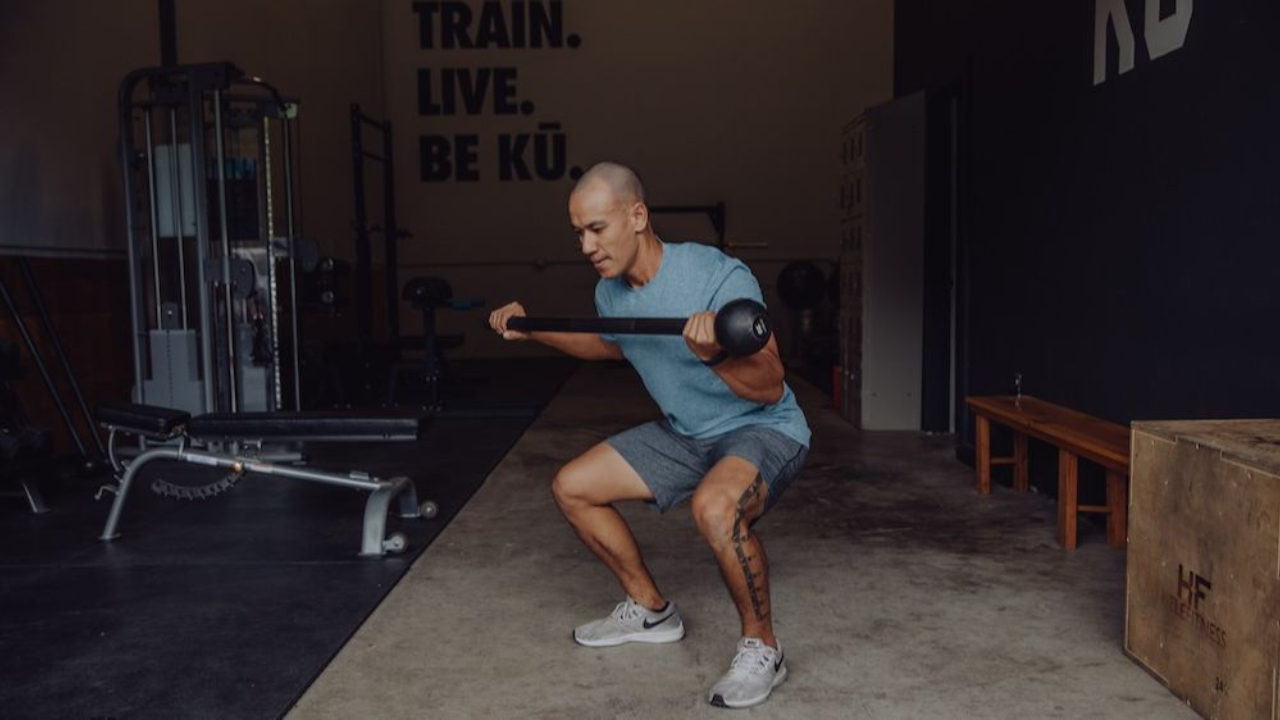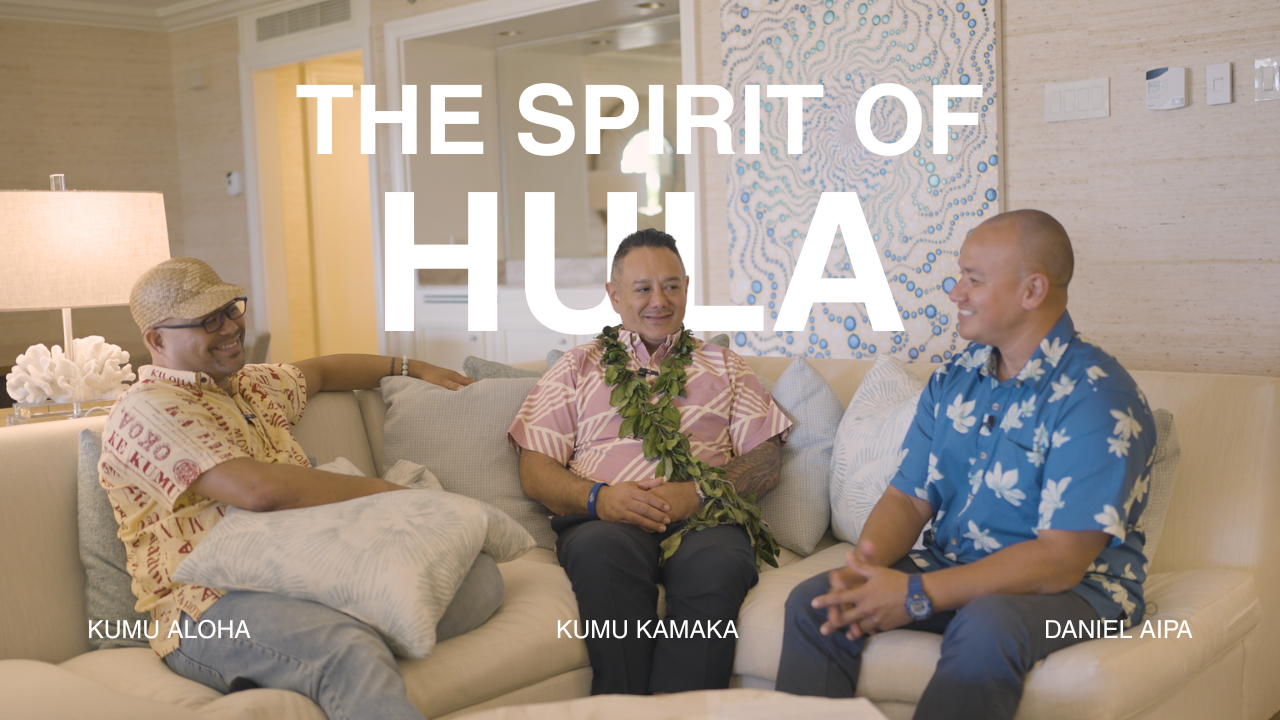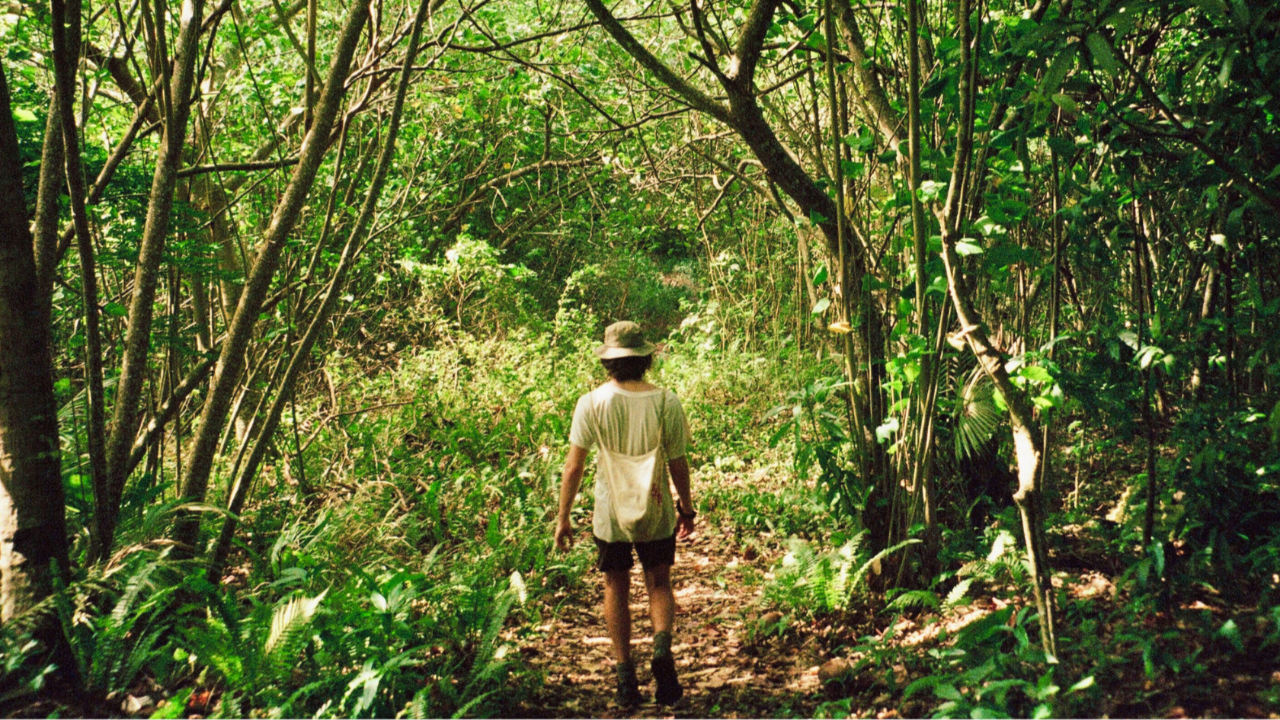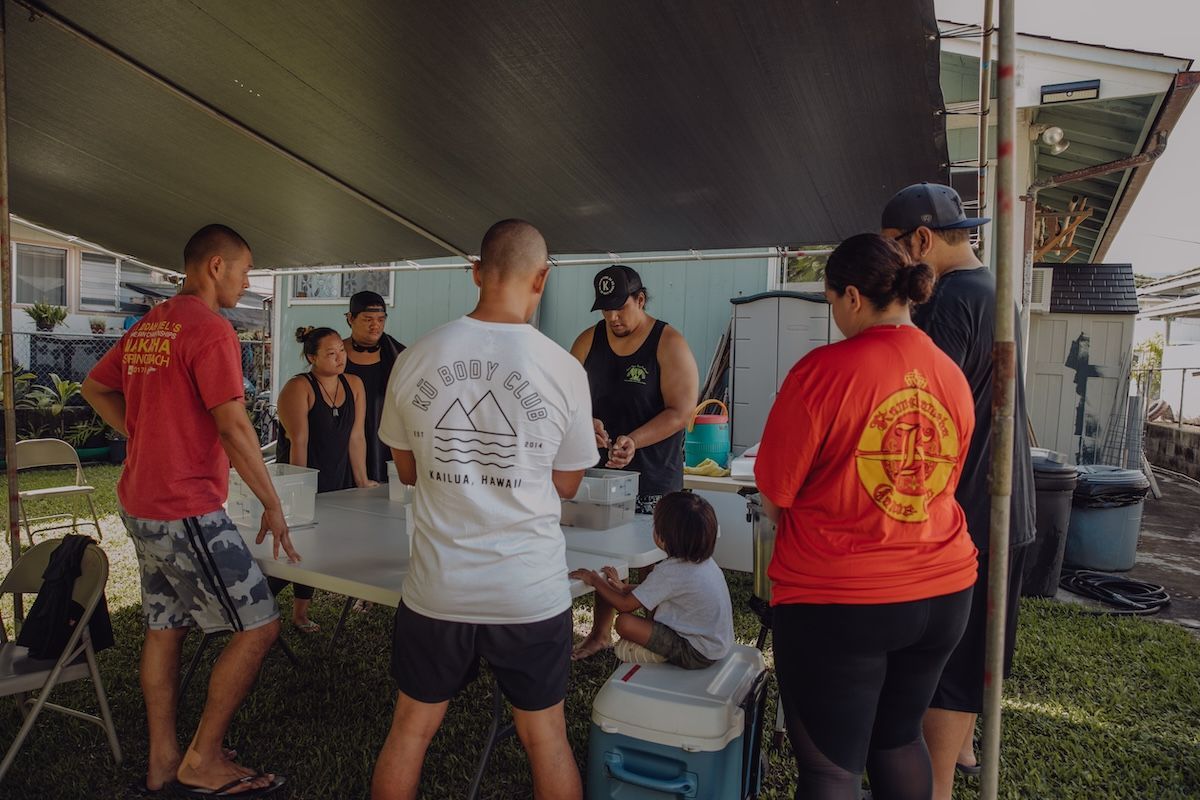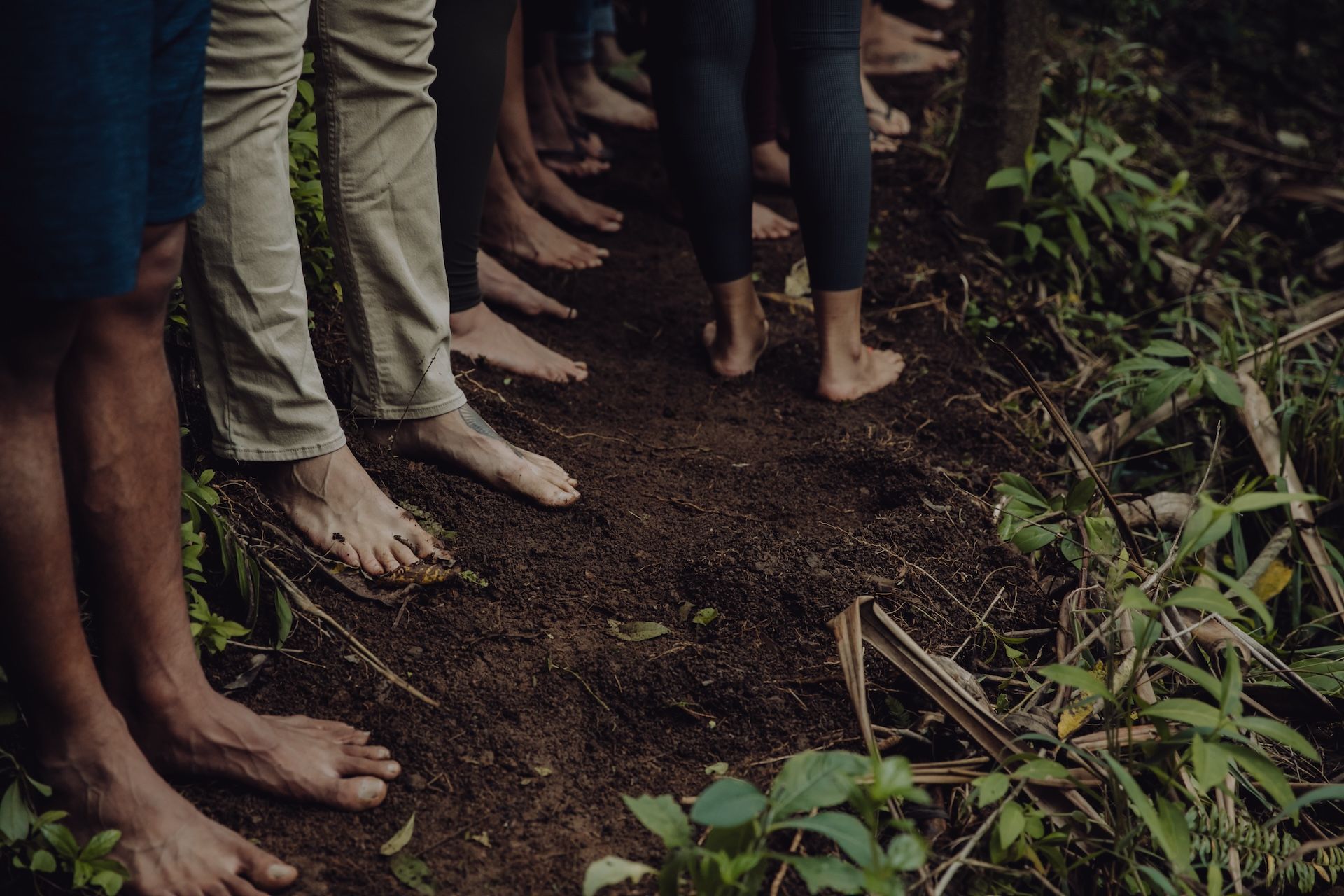The KŪ Path: Why Strength is Emotional, Mental, and Spiritual Too
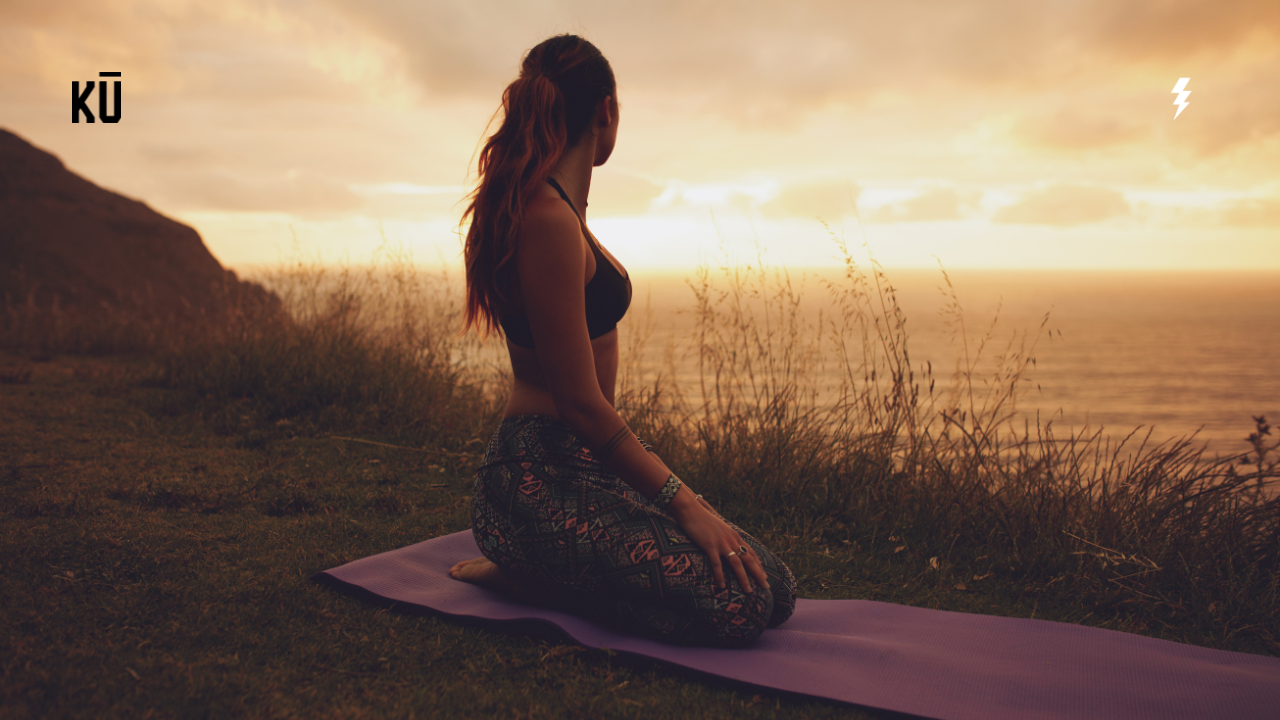
When most people hear the word “strength,” they think of heavy weights, bigger muscles, or faster times. But for us at the KŪ Project, strength isn’t only about what your body can lift. It’s about how you stand when life presses down on you. It’s about how you carry yourself in moments of uncertainty. It’s about the quiet force that grounds you when everything else feels unsteady.
Strength is not one-dimensional. It is emotional, mental, and spiritual. And when we begin to train these aspects of ourselves, we walk a path that doesn’t just shape our bodies, it shapes who we are.
Emotional Strength: Standing in the Storm
Life has a way of testing our hearts. Stress, loss, relationships, and expectations can pull us in different directions, sometimes leaving us feeling like we’re about to break. Emotional strength doesn’t mean ignoring these storms. It means learning how to stand in them without losing yourself.
Training emotional strength is like building resilience in the gym. Just as your muscles grow through stress and recovery, your emotions strengthen when you face challenges and choose not to numb out. Practices like journaling, talking story with people you trust, or simply allowing yourself to feel can become the emotional equivalents of squats and deadlifts.
In Hawaiian, the word kū means to stand, to rise, to be upright. Emotional strength is about being kūpono standing in righteousness and integrity, even when your heart feels heavy.
Mental Strength: Discipline, Focus, and Clarity
We live in a world that pulls our attention in a hundred different directions. Notifications, deadlines, and endless distractions chip away at our focus. But true mental strength is the ability to choose where you place your energy.
In training, this shows up as discipline by showing up for your workout even when you don’t feel like it. In life, it means having the clarity to prioritize what truly matters. Meditation, breathwork, or simply practicing presence during movement are tools that sharpen the mind.
One of the greatest lessons in training is that the body will often give up long before it actually has to. It’s the mind that convinces you to stop. Strength on the KŪ path is built when you learn to question that voice to push past perceived limits and expand what you believe is possible.

Spiritual Strength: Connection to Something Greater
Strength is not only about oneself. It is about connection. Connection to your ʻohana, your community, your ancestors, and the land beneath your feet. Spiritual strength is the quiet foundation that keeps you rooted when the world feels chaotic.
For some, spirituality comes through prayer. For others, it’s time in nature, sitting in silence, or plunging into cold water at sunrise. It doesn’t have to be complicated. What matters is the intentional practice of reminding yourself that you are part of something greater than your individual body and mind.
In the Hawaiian worldview, to possess mana (life force) is to recognize that strength flows through us, not only from us. When we move, eat, and live with respect for that connection, we walk with a deeper sense of alignment.
The Integration: Where Body Meets Heart, Mind, and Spirit
Too often, fitness is treated like a checklist: three workouts a week, a protein shake, a good night’s sleep. But the KŪ path teaches us that strength is not siloed. When you care for your body, your emotions shift. When you calm your mind, your body begins to recover. When you strengthen your spirit, your resilience deepens.
Think of your training as more than reps and sets. It’s a ritual. Every squat can be a reminder to stay grounded. Every run can be a moving meditation. Every recovery day can be a chance to reconnect with what nourishes you beyond calories and macros.
Strength isn’t just what shows up in the mirror. It’s how you show up for your family. It’s how you stand tall when your children watch you. It’s how you hold space for yourself and others.
Walking the KŪ Path
Choosing the KŪ path is choosing wholeness. It’s refusing to reduce strength to a single dimension. It’s building a body that can carry weight, a heart that can carry compassion, a mind that can carry clarity, and a spirit that can carry connection.
The next time you step into training, whether it’s with a barbell, a run along the shoreline, or a simple bodyweight session in your backyard, remember that you’re building more than muscle. You’re building presence. You’re building resilience. You’re building the kind of strength that endures long after the workout ends.
Because strength isn’t just physical. Strength is emotional. Strength is mental. Strength is spiritual. And together, these create a foundation that allows us to stand tall - to live KŪ.


